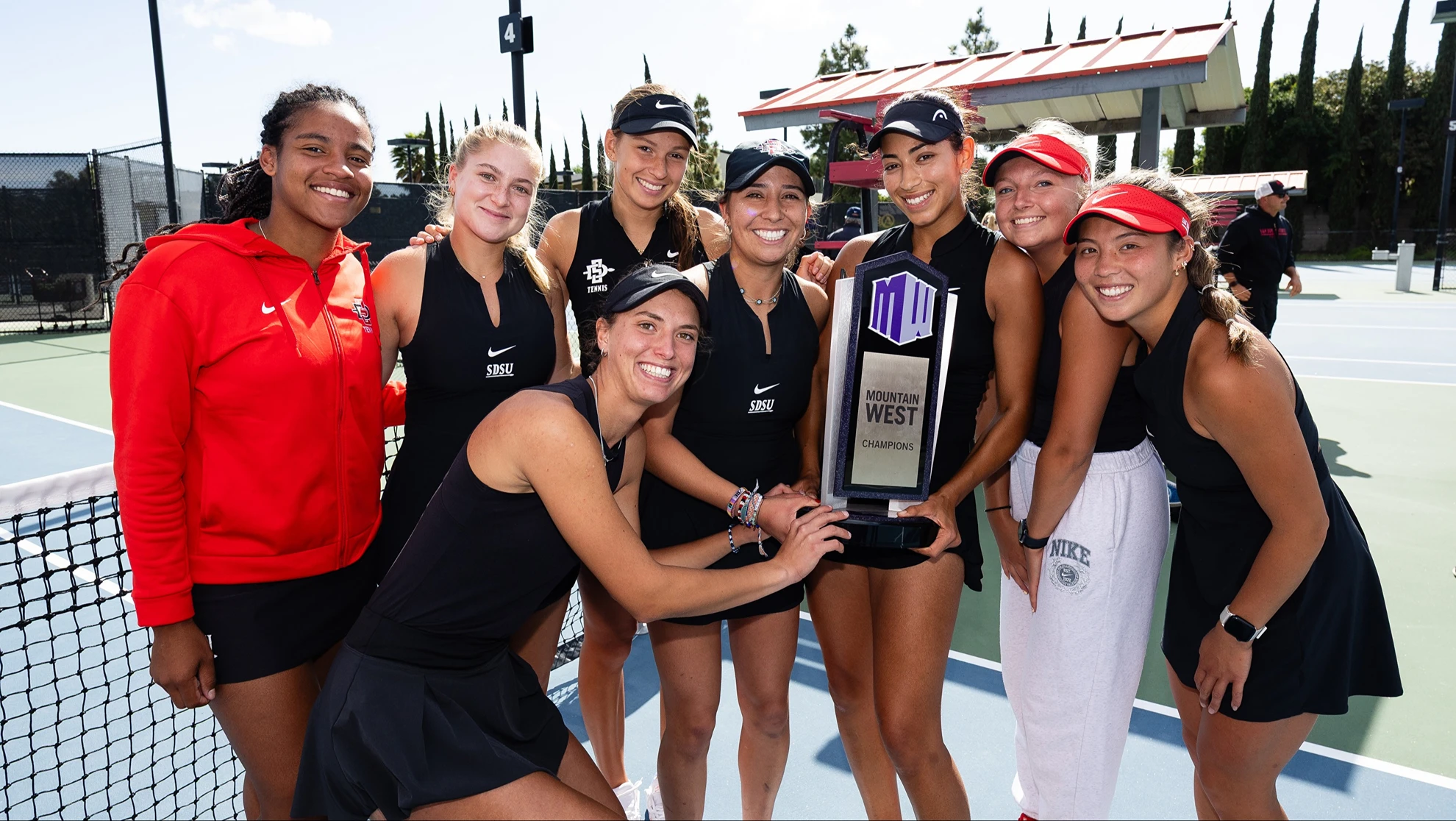Fewer Americans Now Pray
An SDSU researcher found that declines in religious practice have now spread to personal beliefs and private activities.

The percentage of Americans who prayed or believed in God reached an all-time low in 2014, according to new research led by San Diego State University psychology professor Jean M. Twenge.
A research team that included Ryne Sherman from Florida Atlantic University and Julie J. Exline and Joshua B. Grubbs from Case Western Reserve University analyzed data from 58,893 respondents to the General Social Survey, a nationally representative survey of U.S. adults administered between 1972 and 2014. Five times as many Americans in 2014 reported that they never prayed as did Americans in the early 1980s, and nearly twice as many said they did not believe in God.
Americans in recent years were less likely to engage in a wide variety of religious practices, including attending religious services, describing oneself as a religious person, and believing that the Bible is divinely inspired, with the biggest declines seen among 18- to 29-year-old respondents. The results were published today in the journal Sage Open.
“Most previous studies concluded that fewer Americans were publicly affiliating with a religion, but that Americans were just as religious in private ways. That’s no longer the case, especially in the last few years,” said Twenge, who is also the author of the book, “Generation Me.” “The large declines in religious practice among young adults are also further evidence that Millennials are the least religious generation in memory, and possibly in American history."
This decline in religious practice has not been accompanied by a rise in spirituality, which, according to Twenge, suggests that, rather than spirituality replacing religion, Americans are becoming more secular. The one exception to the decline in religious beliefs was a slight increase in belief in the afterlife.
"It was interesting that fewer people participated in religion or prayed but more believed in an afterlife,” Twenge said. “It might be part of a growing entitlement mentality — thinking you can get something for nothing.”



